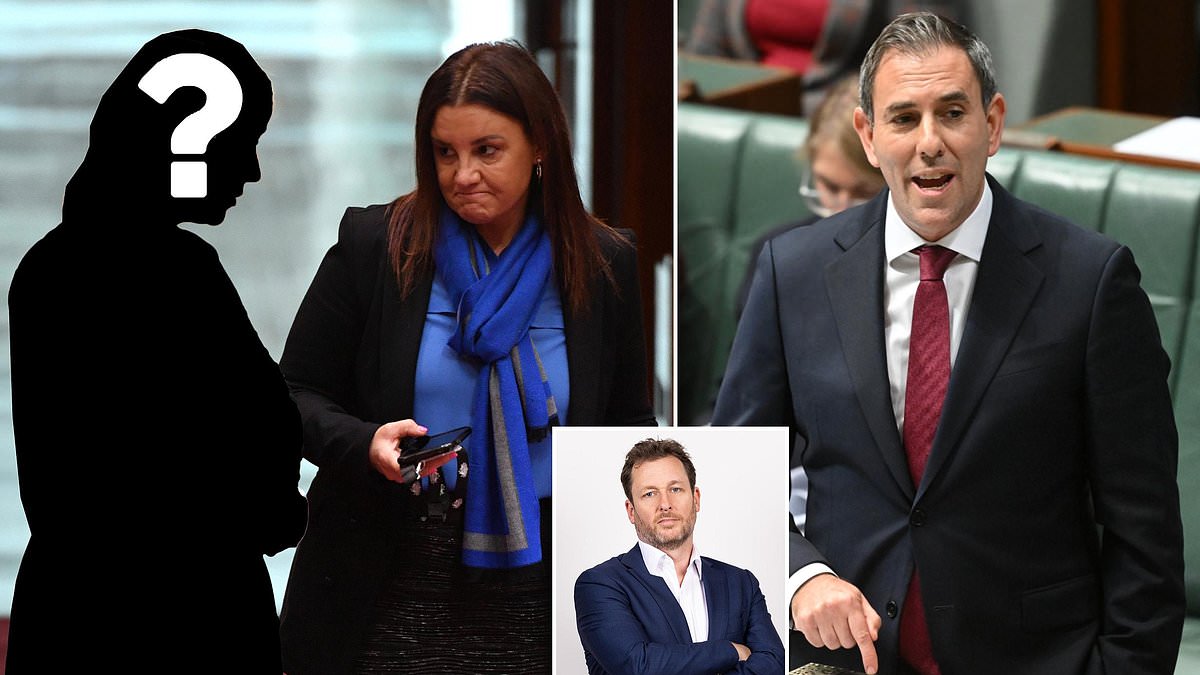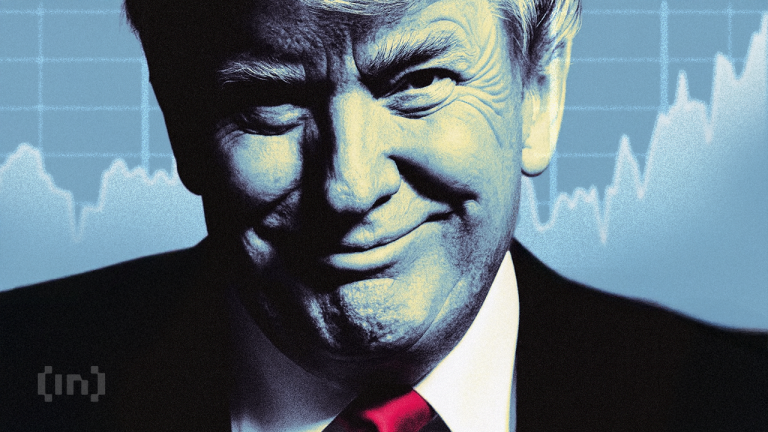
The highly anticipated ‘Economic Reform Roundtable’ will commence at Parliament House tomorrow, bringing together a curated list of experts and stakeholders. Treasurer Jim Chalmers will lead the three-day event, aiming to introduce actionable policies on productivity, fiscal resilience, and the national budget. But critics argue the summit might be more spectacle than substance.
An Exclusive Event: Who’s Attending?
According to a recent leaked Treasury memo, a core group of 23 participants has been invited, featuring industry leaders, government officials, and union representatives. Notable attendees include Danielle Wood, Chair of the Productivity Commission; Sue Lloyd-Hurwitz of the Housing Supply Council; and Kerry Schott, Chair of the Competition Review expert panel.
Former Treasury Secretary Ken Henry and RBA Governor Michele Bullock will also attend, alongside CEOs like Matt Comyn (CBA) and Geraldine Slattery (BHP).
While business representation appears strong, the optics have already drawn criticism. All peak-body delegates from top business organizations are male, highlighting a missed opportunity for equitable gender representation. Labor insiders, including Daniel Mookhey (NSW Treasurer) and Ben Wyatt (former WA Treasurer), also dominate the conversation, giving the impression of a tight-knit insiders’ club. Noticeably absent from the roundtable are representatives from the Greens party, despite their crucial role in holding Senate power.
The Stakes for Tax and Economic Reform
The agenda covers critical economic concerns, including tax reform, energy policy, housing supply, and boosting workforce productivity. However, meaningful outcomes are uncertain. Experts argue that robust reform requires more voices from the operational level—state planners, childcare specialists, and hands-on tax experts—which the roundtable lacks.
Leaked documents suggest predetermined conclusions, with proposals ranging from freezing the National Construction Code to using AI for fast-tracking environmental approvals. Critics, such as Opposition Leader Sussan Ley, have labeled the event as “choreographed,” sparking doubts about its authenticity.
Long-Term Reform or Delayed Action?
Prime Minister Anthony Albanese has indicated that any recommendations made during the summit will be taken to the next election rather than implemented this term, leading to a potential two- to three-year delay in meaningful actions. Critics fear that this timeline reflects political strategy rather than a commitment to immediate solutions.
Conclusion
As the Economic Reform Roundtable begins, the pressure is on to move beyond traditional insider politics. For it to succeed, tangible outcomes and inclusive, expert-driven discussions are essential. Otherwise, this event risks becoming another polished but ineffectual gathering. Whether the roundtable delivers or falls short will shape Australia’s economic trajectory in the coming years.



